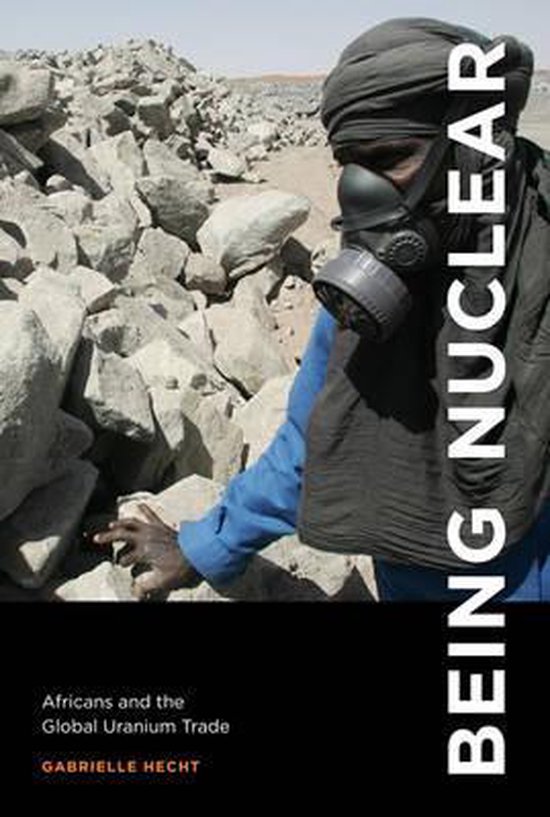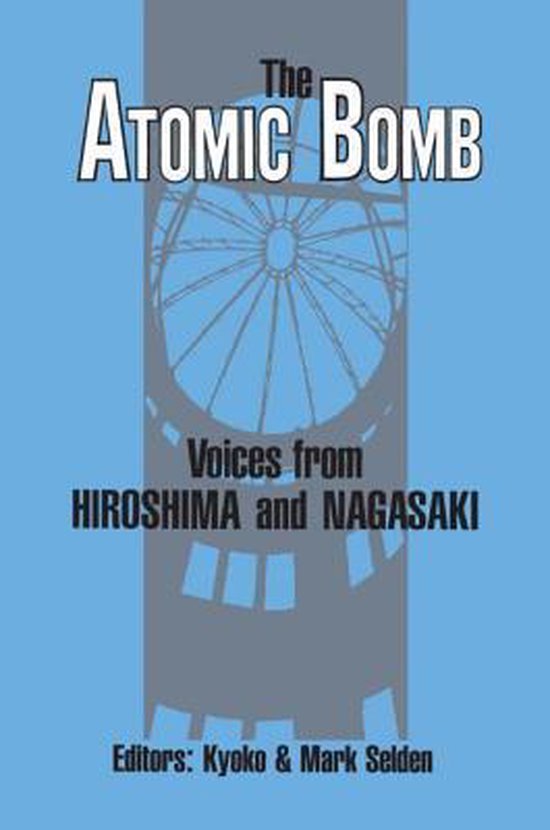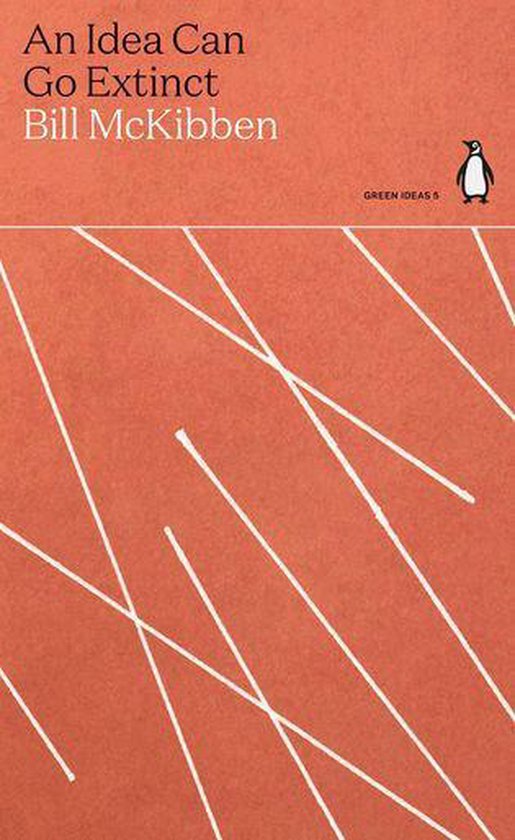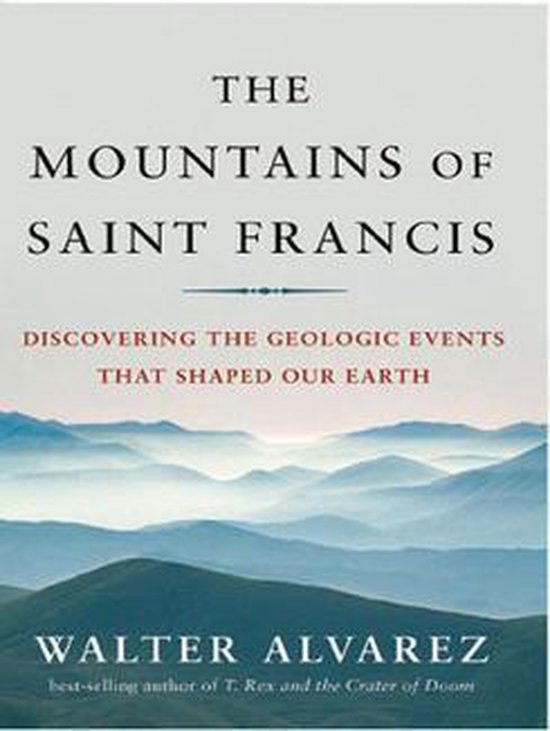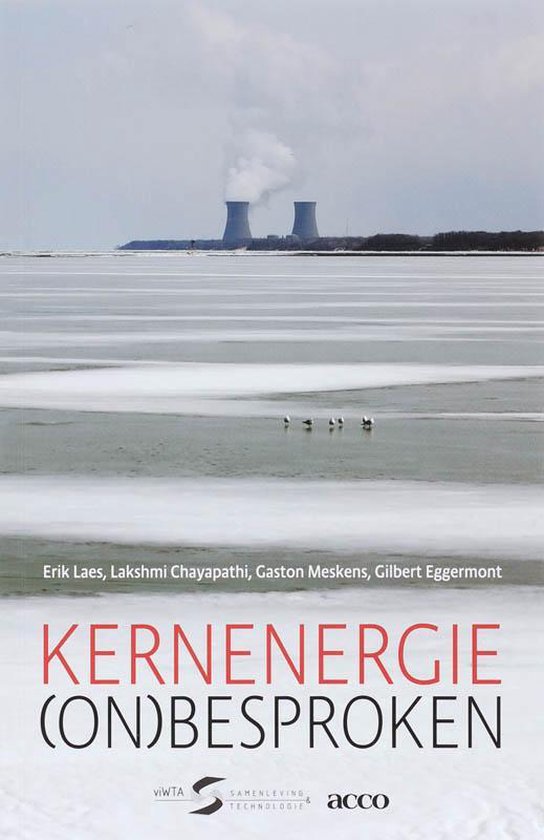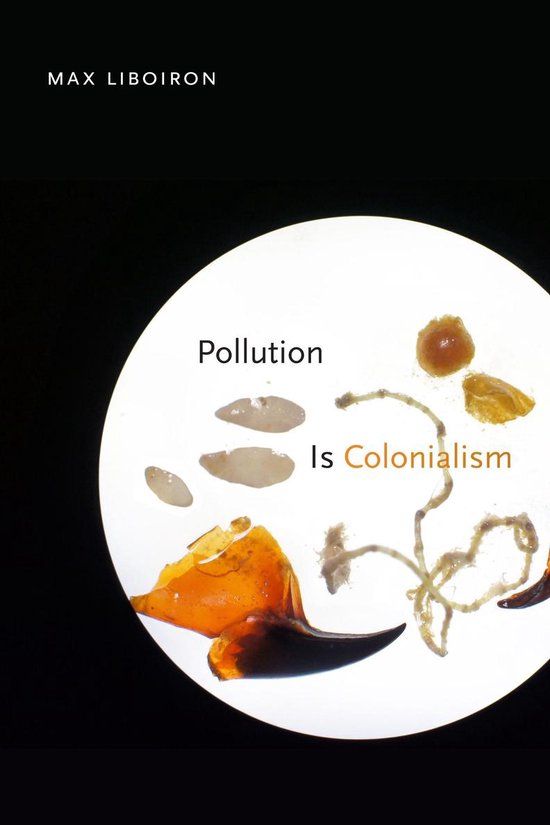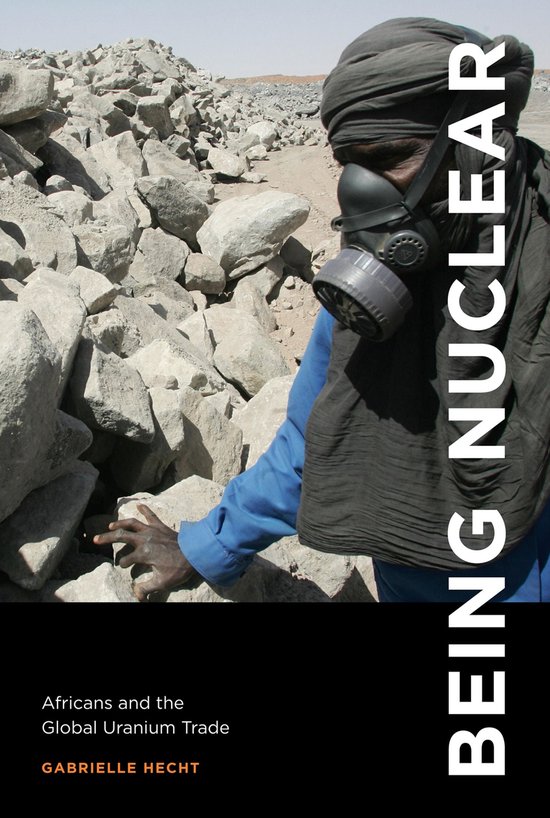
Being Nuclear
The hidden history of African uranium and what it means—for a state, an object, an industry, a workplace—to be “nuclear.”
Uranium from Africa has long been a major source of fuel for nuclear power and atomic weapons, including the bomb dropped on Hiroshima. In 2003, after the infamous “yellow cake from Niger,” Africa suddenly became notorious as a source of uranium, a component of nuclear weapons. But did that admit Niger, or any of Africa's other uranium-producing countries, to the select society of nuclear states? Does uranium itself count as a nuclear thing? In this book, Gabrielle Hecht lucidly probes the question of what it means for something—a state, an object, an industry, a workplace—to be “nuclear.”
Hecht shows that questions about being nuclear—a state that she calls “nuclearity”—lie at the heart of today's global nuclear order and the relationships between “developing nations” (often former colonies) and “nuclear powers” (often former colonizers). Hecht enters African nuclear worlds, focusing on miners and the occupational hazard of radiation exposure. Could a mine be a nuclear workplace if (as in some South African mines) its radiation levels went undetected and unmeasured? With this book, Hecht is the first to put Africa in the nuclear world, and the nuclear world in Africa. By doing so, she remakes our understanding of the nuclear age.
| Auteur | | Gabrielle Hecht |
| Taal | | Engels |
| Type | | E-book |
| Categorie | | Mens & Maatschappij |
